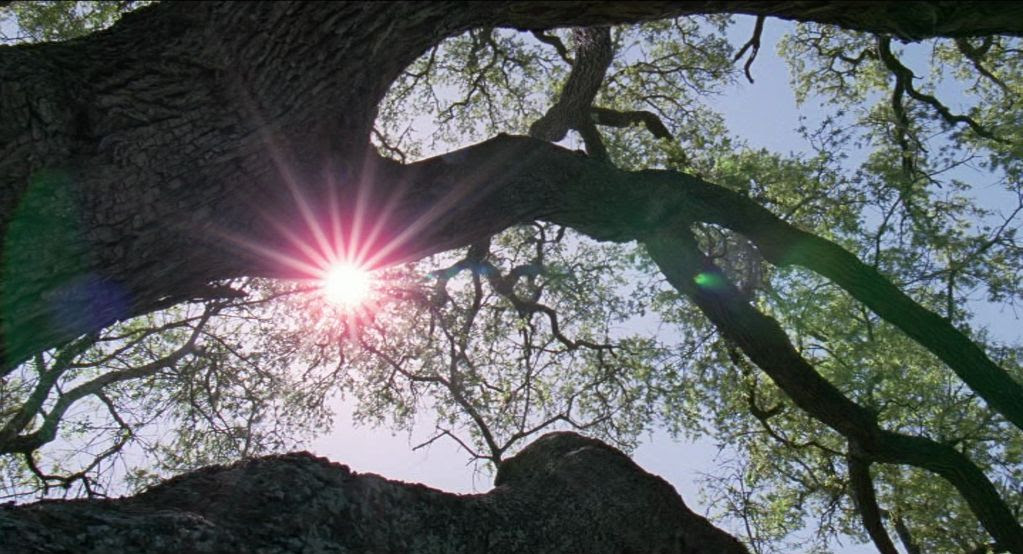Liturgy: “Who do you trust”
Genuine trust in God, trust that is both confessed and lived, brings with it a deeper kind of freedom—the freedom from anxiety during our “year of drought,” the freedom from fear when “the heat comes,” the freedom to bear fruit.

What is the King’s Liturgy? King’s Liturgy defines our experience together as a Christian community. It outlines the rhythms we celebrate with the Church at large: Scripture readings, Sabbath habits, and celebration of Holy Days and historical events.
This Week’s Lectionary Readings
Jeremiah 17:5-10
1 Corinthians 15:12-20
Luke 6:17-26
Psalm 1
This week’s liturgy is contributed by John Sailer, Politics, Philosophy and Economics Major of 2015:
Who do you trust? Of course, as a Christian steeped in the language of everyday Christianity, my knee-jerk answer has to be that I trust God. That was easy enough to say while I was a student at King’s, and it’s easy to say now as a teacher and graduate student. But so often, my actions have revealed a different sort of trust.
One of today’s dominant narratives, especially for students, is that everything depends on you. According to this narrative, your future opportunities—whether they include admission to law school or landing a nice job or “making it” in certain social circles—hang on how you perform right now. You need a good GPA, stellar connections, prestigious internships. And all of that depends on how hard you work, so you’d better manage your time well.
The second semester of my freshman year at King’s, embracing this narrative almost explicitly, I decided to “take hold” of my life. Waking up at 6:00am every day, I would exercise for an hour before leaving for my morning classes, so that I would be “energized” for my work, so that I’d have time for my extracurriculars. I joined an excessive number of student organizations—KDS, Mock Trial, EST, and choir. Every morning, as I left my lonely Ludlow Street apartment, I would listen to the same song by the band Muse, “Butterflies and Hurricanes.” I wanted its chorus to be my life’s theme:
Best,
You’ve got to be the best
You’ve got to change the world
And use this chance to be heard
Your time is now
…It’s bad enough that Muse was my band of choice. Of course, this is the sort of lifestyle that’ll burn a person to the ground. For me, it led unmistakably to the worst semester I’ve ever had, both academically and personally. But even today, years after I acknowledge the mistakes of my perilous freshman year, that dominant narrative easily creeps into my life. The modern economy trains us to see ourselves as “life managers.” We manage our time, our image, our money, our relationships. Everything, it might seem, depends on us.
How different is the biblical imagery! In striking contrast with the image of the “life manager,” the book of Jeremiah tells us that the one who trusts in God “is like a tree planted by water.” And perhaps what is most radical about this image—at least to modern readers like me—is that the tree is dependent. It casts its roots down by the stream. The source of its flourishing is outside itself.
For someone who wants to manage every aspect of their life, dependence seems like a loss of control, a relinquishment of our freedom. But the reading from Jeremiah teaches the exact opposite. It teaches what I learned as a freshman, and what I continue to learn today. Genuine trust in God, trust that is both confessed and lived, brings with it a deeper kind of freedom—the freedom from anxiety during our “year of drought,” the freedom from fear when “the heat comes,” the freedom to bear fruit.




